Results
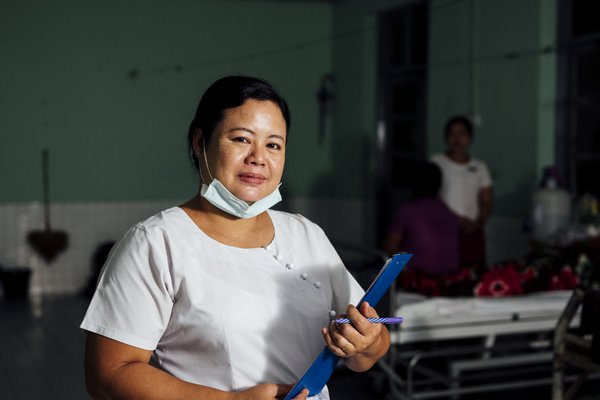
After months of violent military rule, Myanmar is currently experiencing a devastating wave of Covid-19 and there is no healthcare system in place to help.
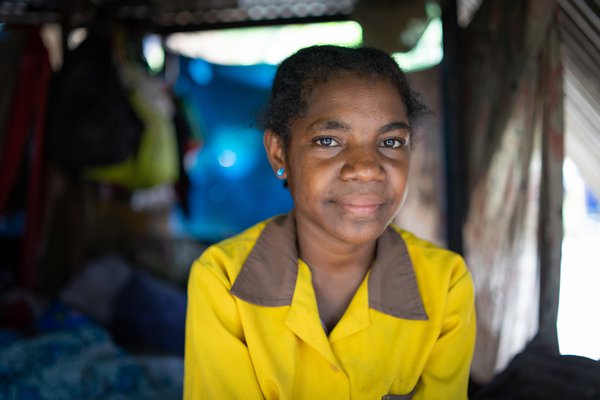
People often have many of their human rights deprived from them when they are diagnosed with leprosy. This is in violation of the Universal Declaration of Human rights and it needs to change.
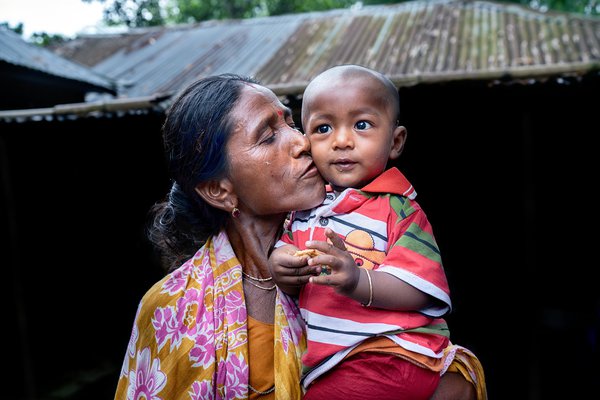
Sudha experienced a lot of fear when she was diagnosed with leprosy, but she persevered and is now living a life of happiness.
There is less than a 2 percent chance that a person who has been recently diagnosed with leprosy has passed the disease on to other people in their household.
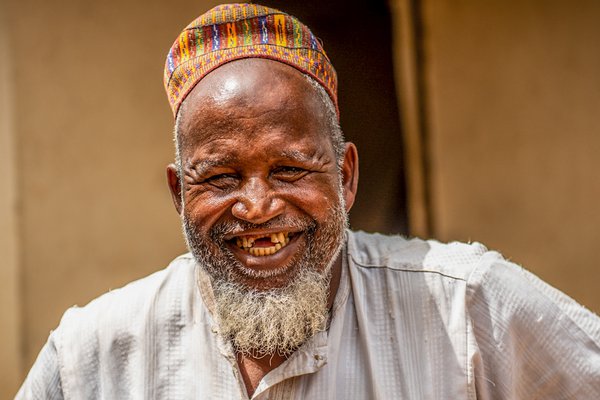
After thousands of years of the disease ruining lives, we are now on the edge of defeating leprosy. Here are three reasons we believe we can, with the right resources, end the transmission of leprosy by 2035.
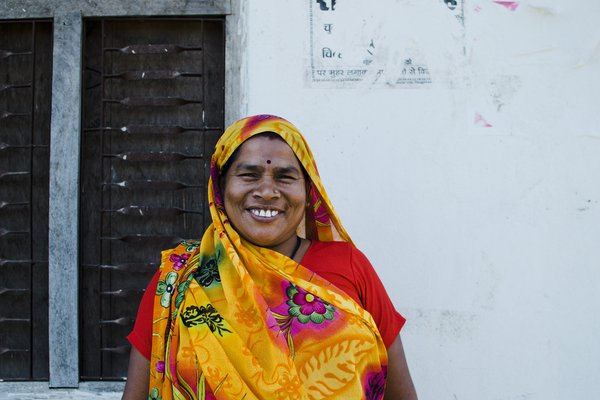
We believe we can end the transmission of the disease by 2035 and one of the crucial new tools to help us achieve this is PEP (Post-Exposure Prophylaxis).
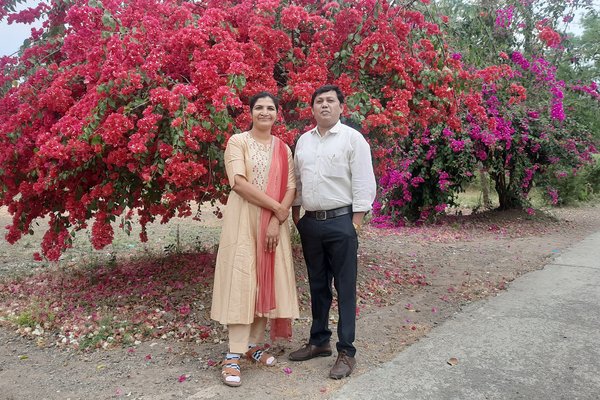
Because of leprosy, Suresh and Mangala both faced enormous challenges before they met each other. Now they are happily married, parents to three beautiful children, and they use their work to transform the lives of persons affected by leprosy in India.
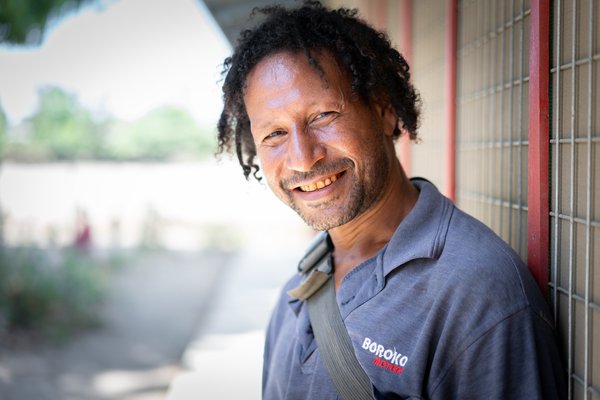
Leprosy is a socially stigmatised disease – it affects not just the physical, but the mental and social, as well. If we only treat leprosy physically, we are not treating it completely.
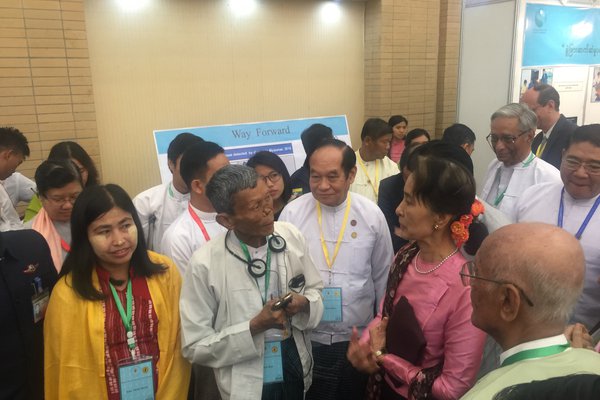
U Soe Win spoke at a roundtable even at the UN's CRPD Conference in 2020. This is what he said.
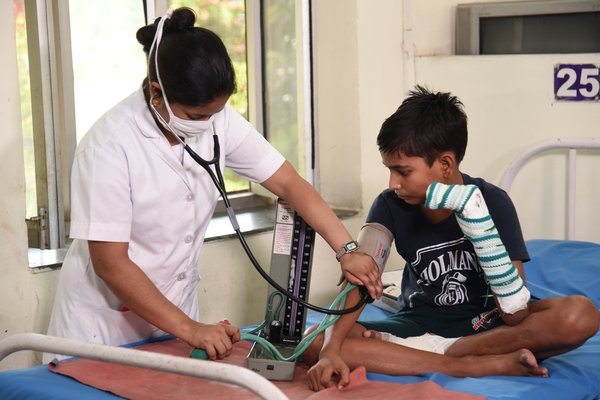
Leprosy is a Neglected Tropical Disease (NTD), which places it under SDG 3.3. NTDs affect 1.7bn people across the world.
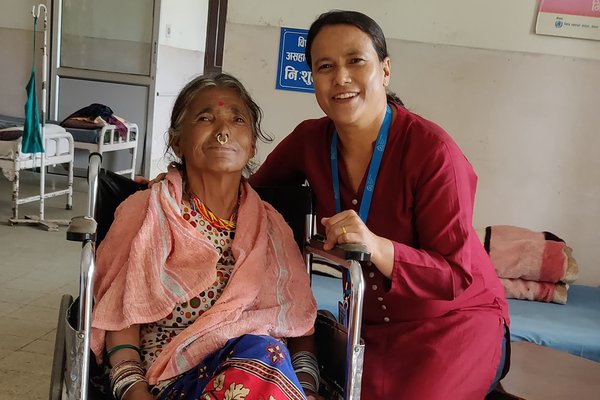
Ruth and Bishnu from TLM Nepal share some of the lessons they’ve learnt from the frontline of mental health care for persons affected by leprosy.
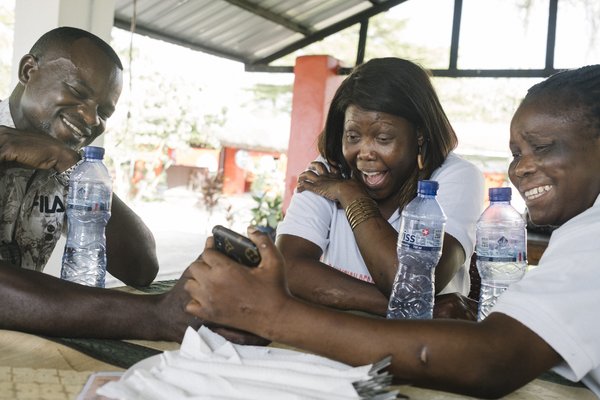
Leprosy Peoples’ Organisations must find themselves at the heart of efforts to defeat leprosy in the years to come.
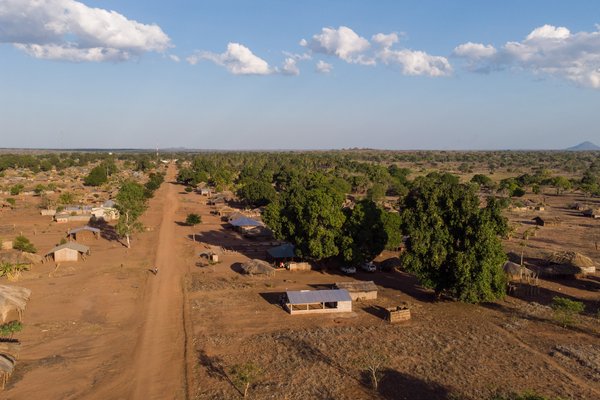
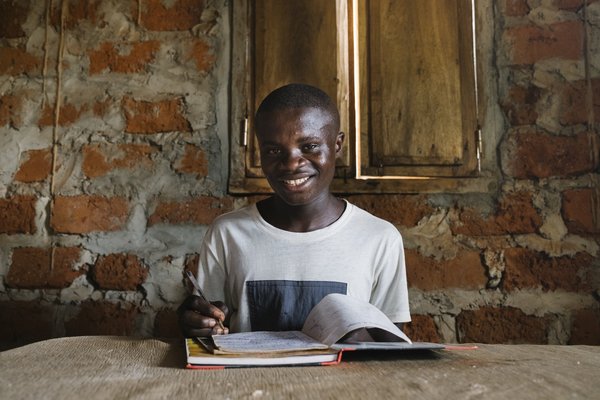
What does it mean to formalise inner wellbeing in our work this way and how could you do it too?
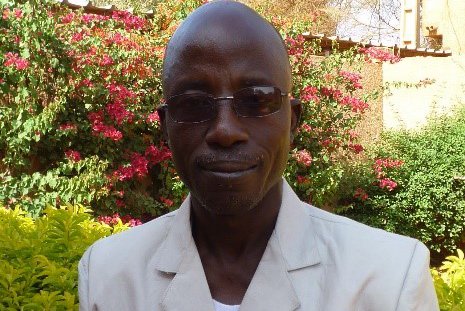
Issa Harouna is a person affected by leprosy. He was diagnosed with leprosy at the young age of 10 years old, but he has a message about how we treat people affected by leprosy and how people affected by leprosy should see themselves.
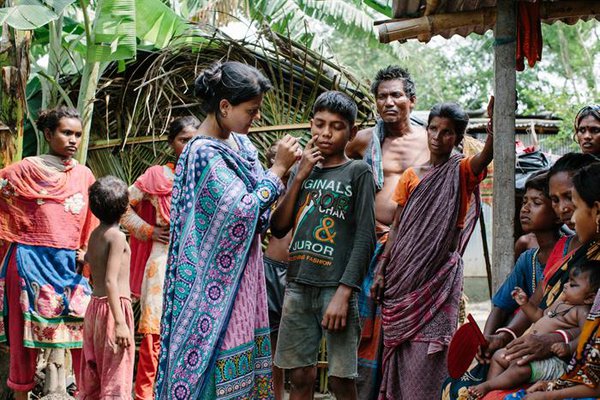
In recent months, we have heard plenty about how contact tracing is a key weapon in the fight to bring an end to the Covid-19 pandemic. The same is true for leprosy,.